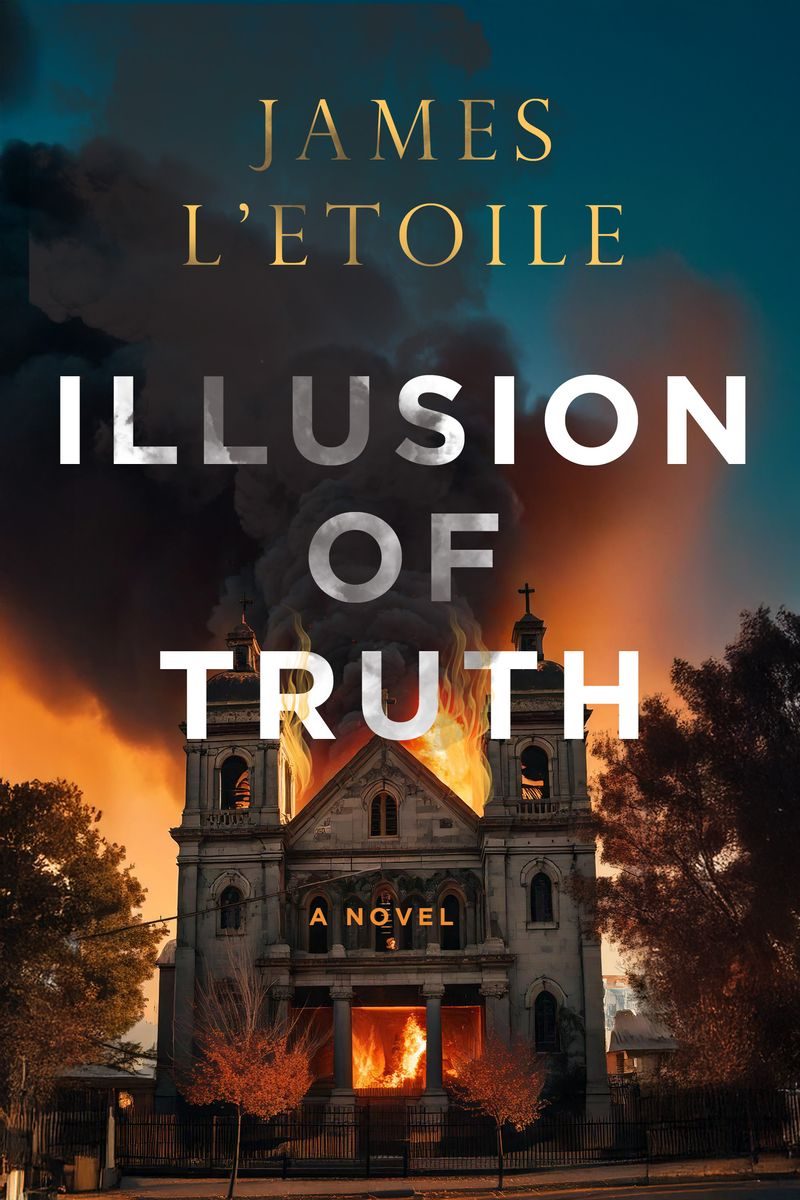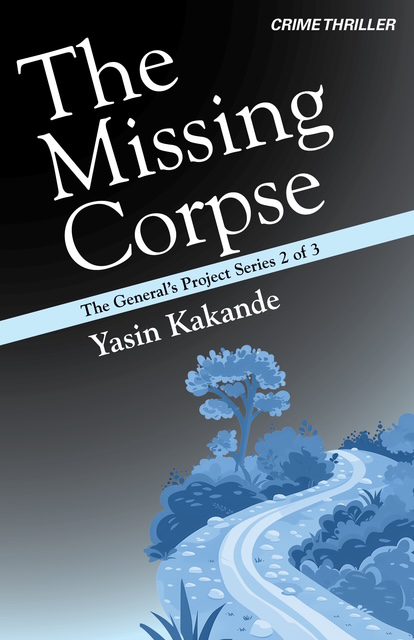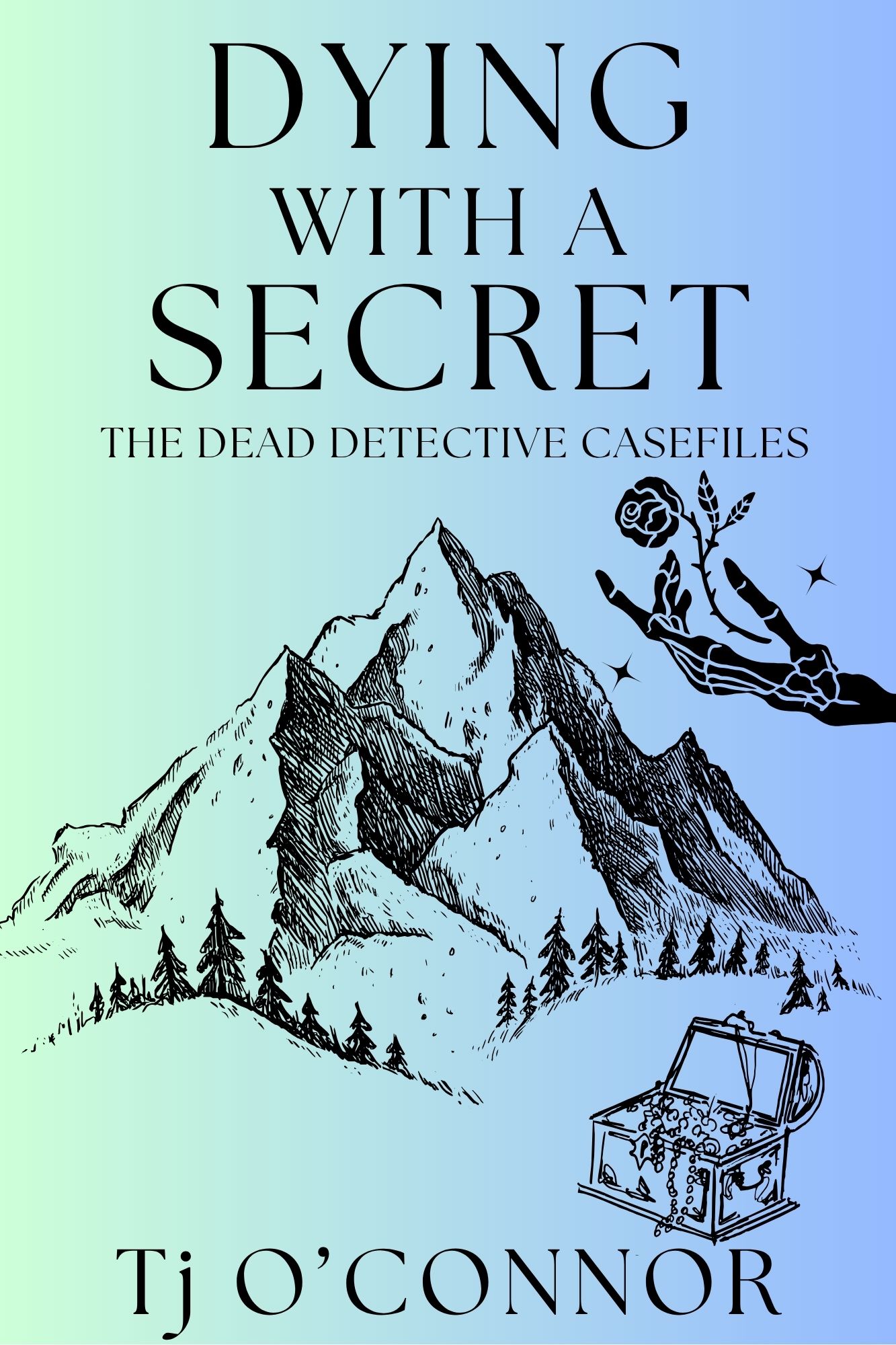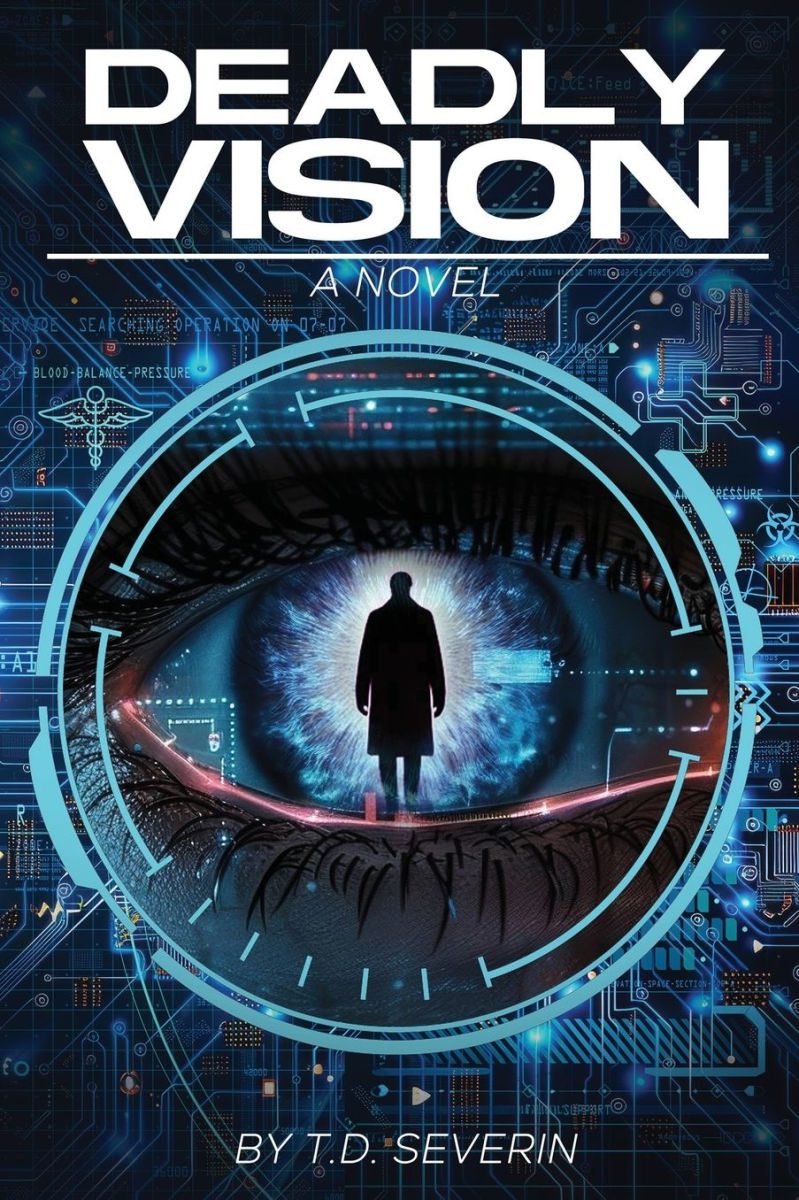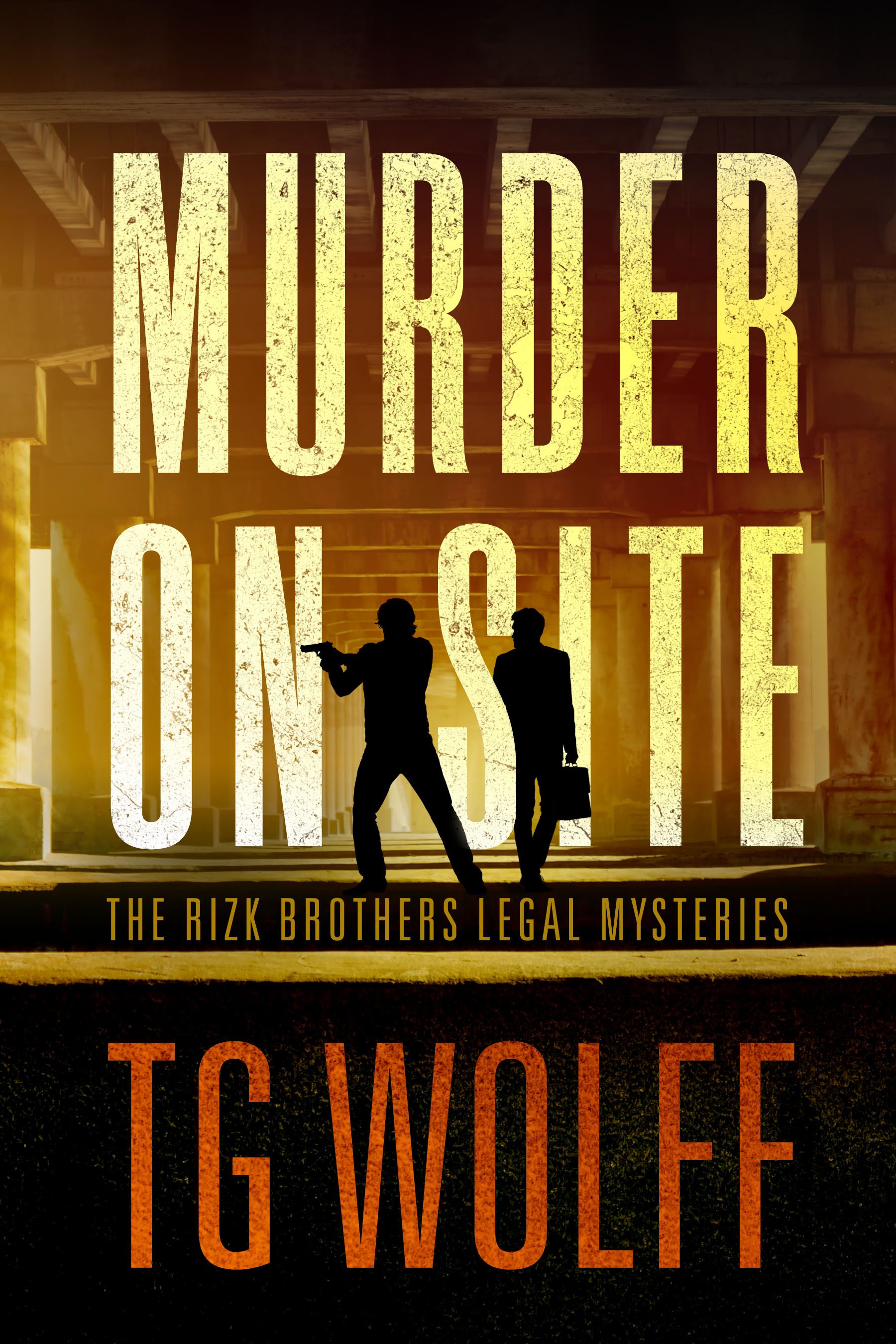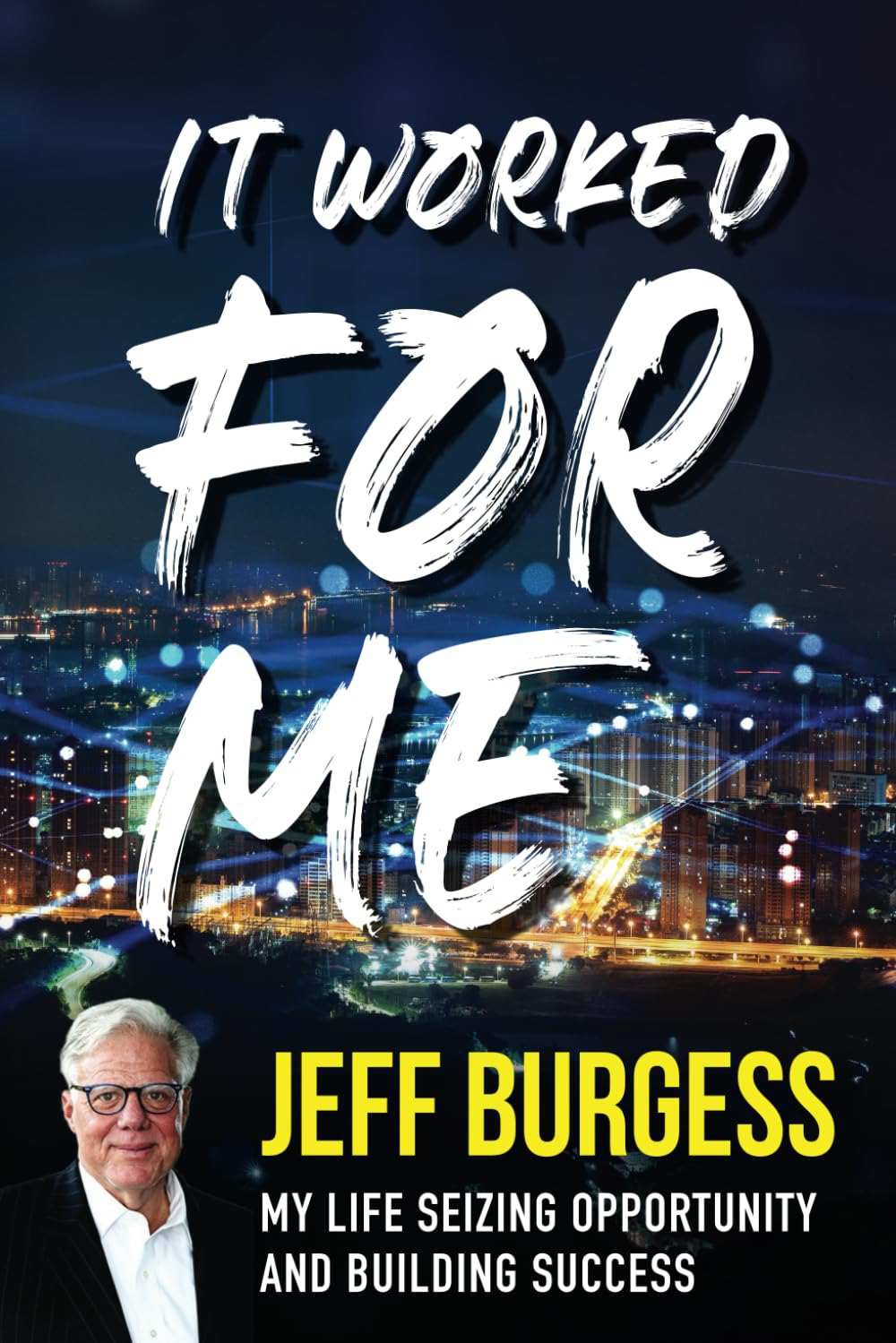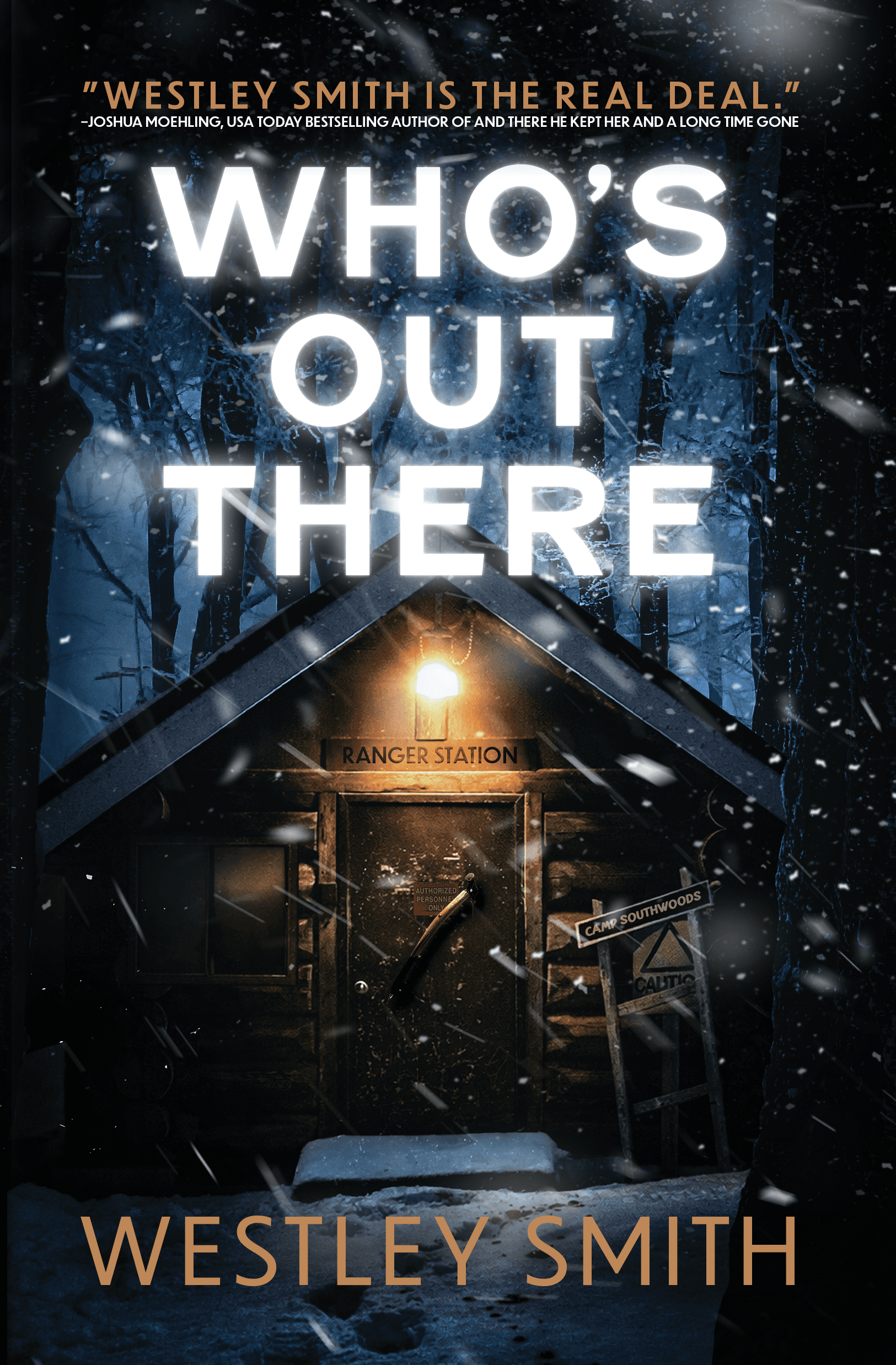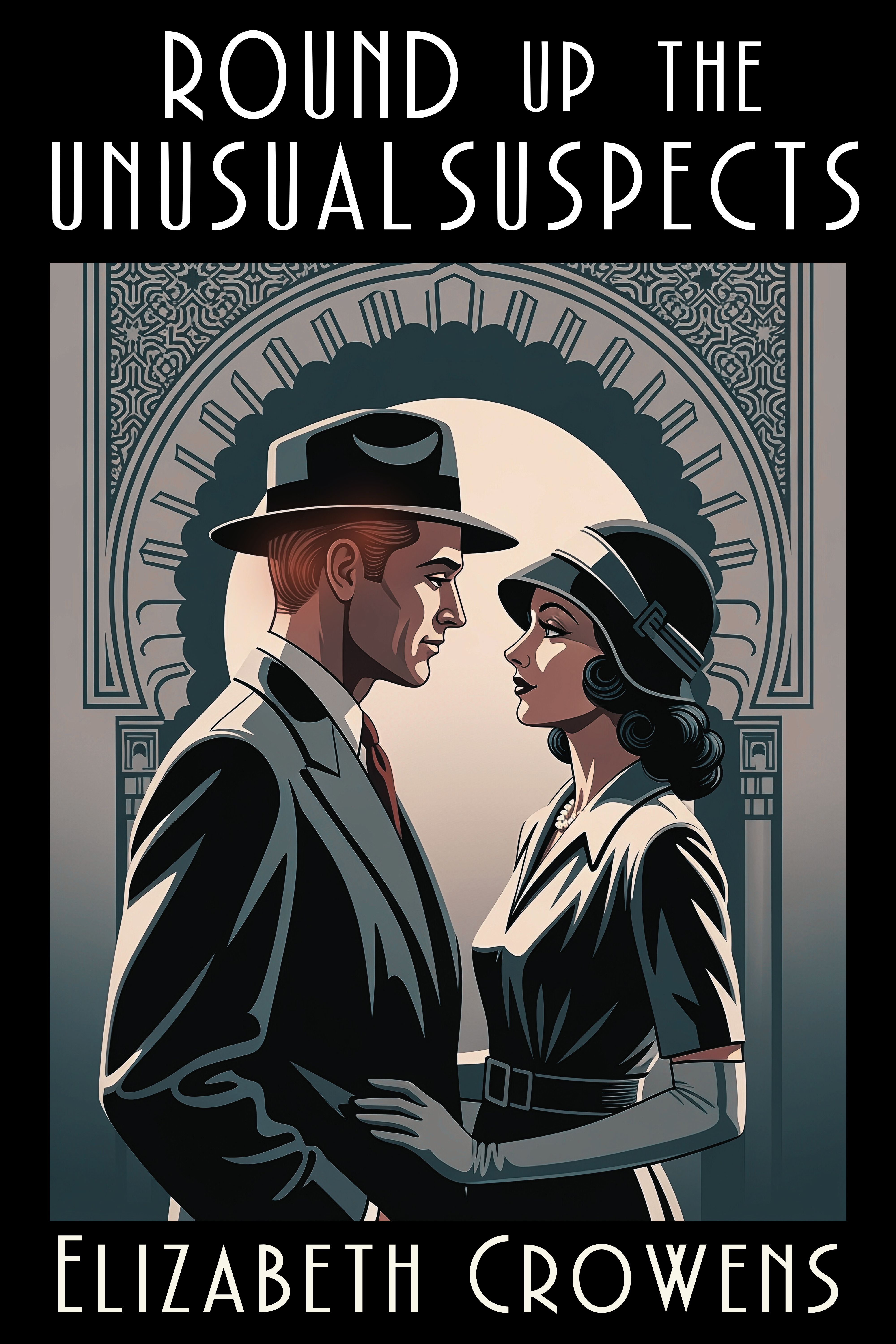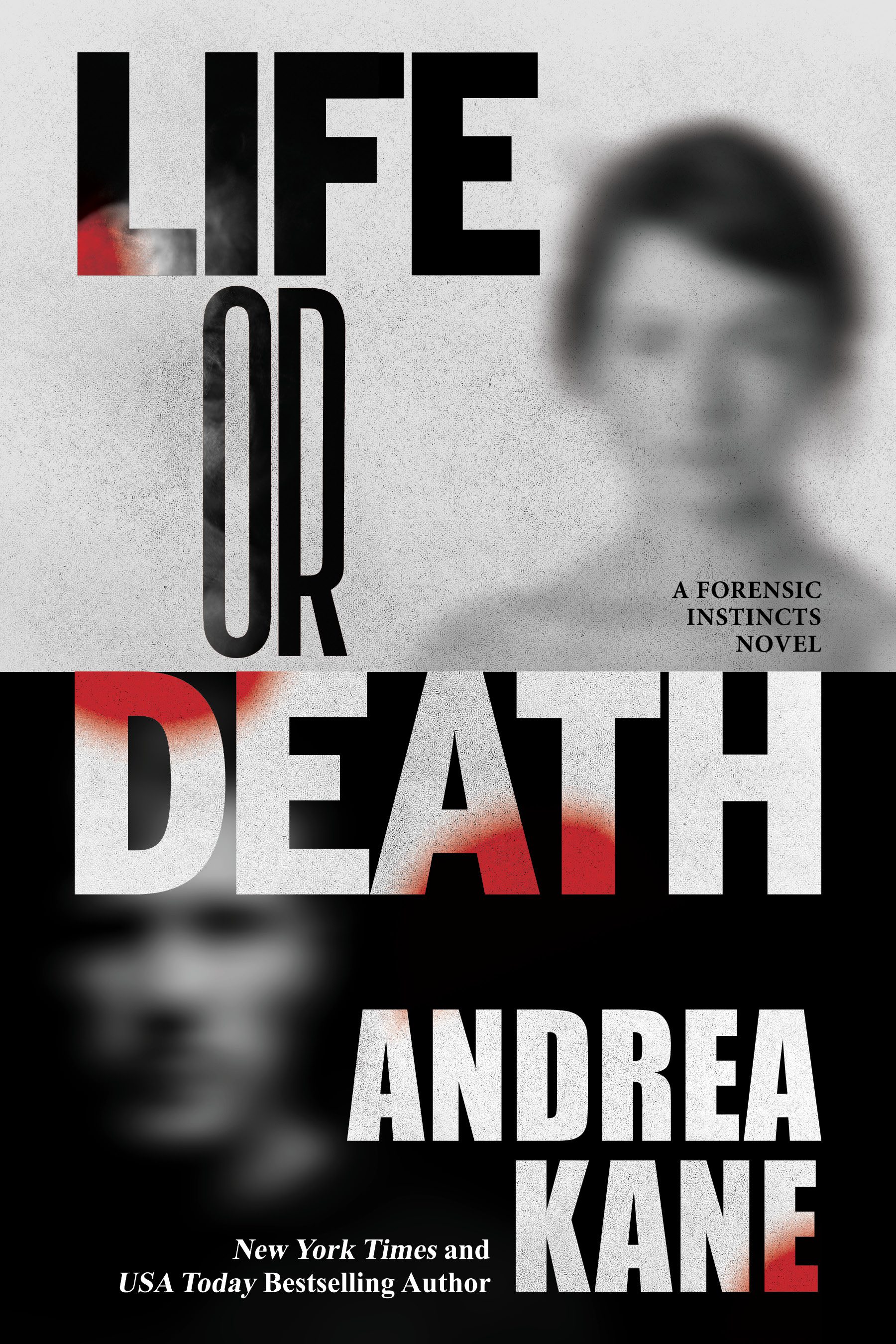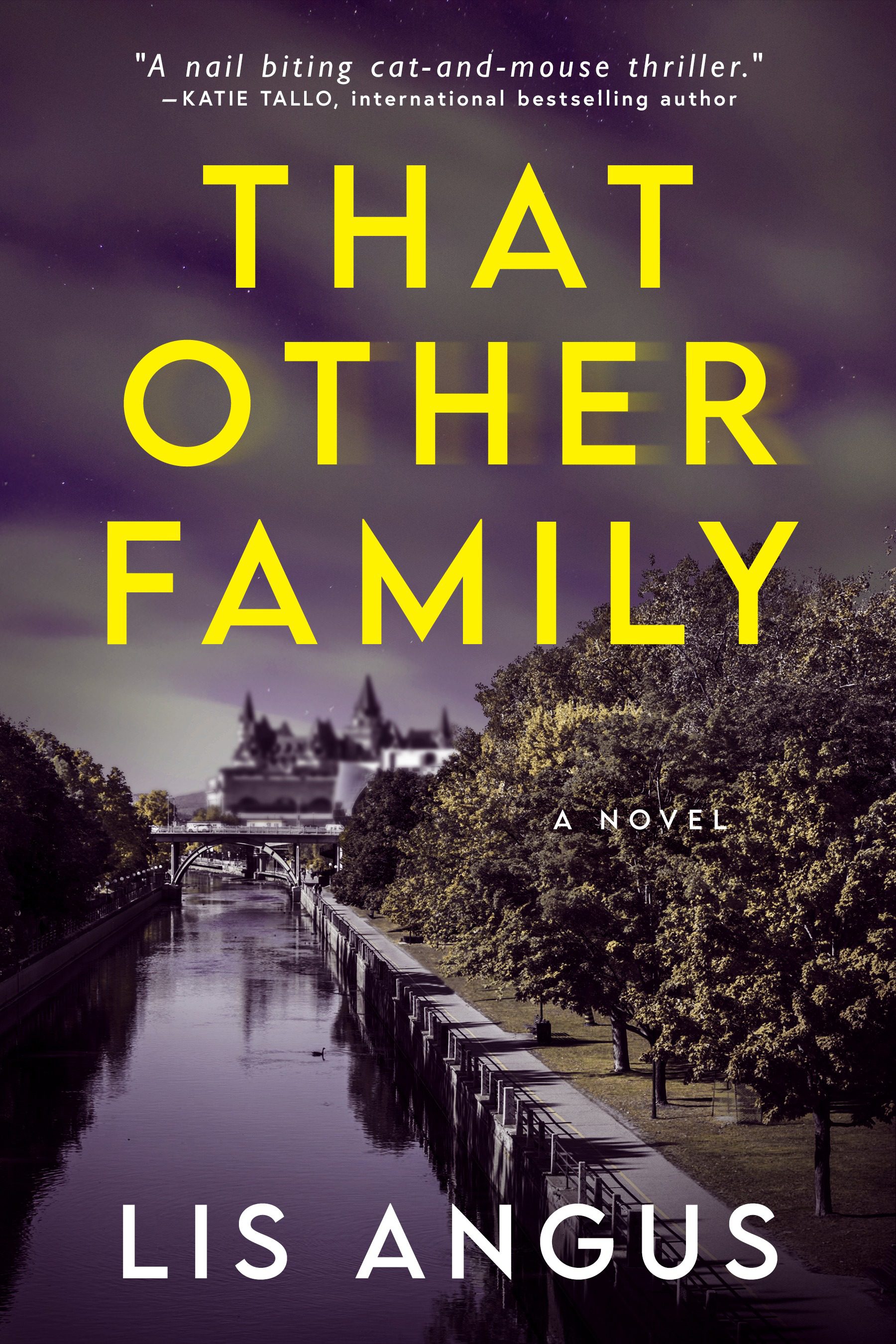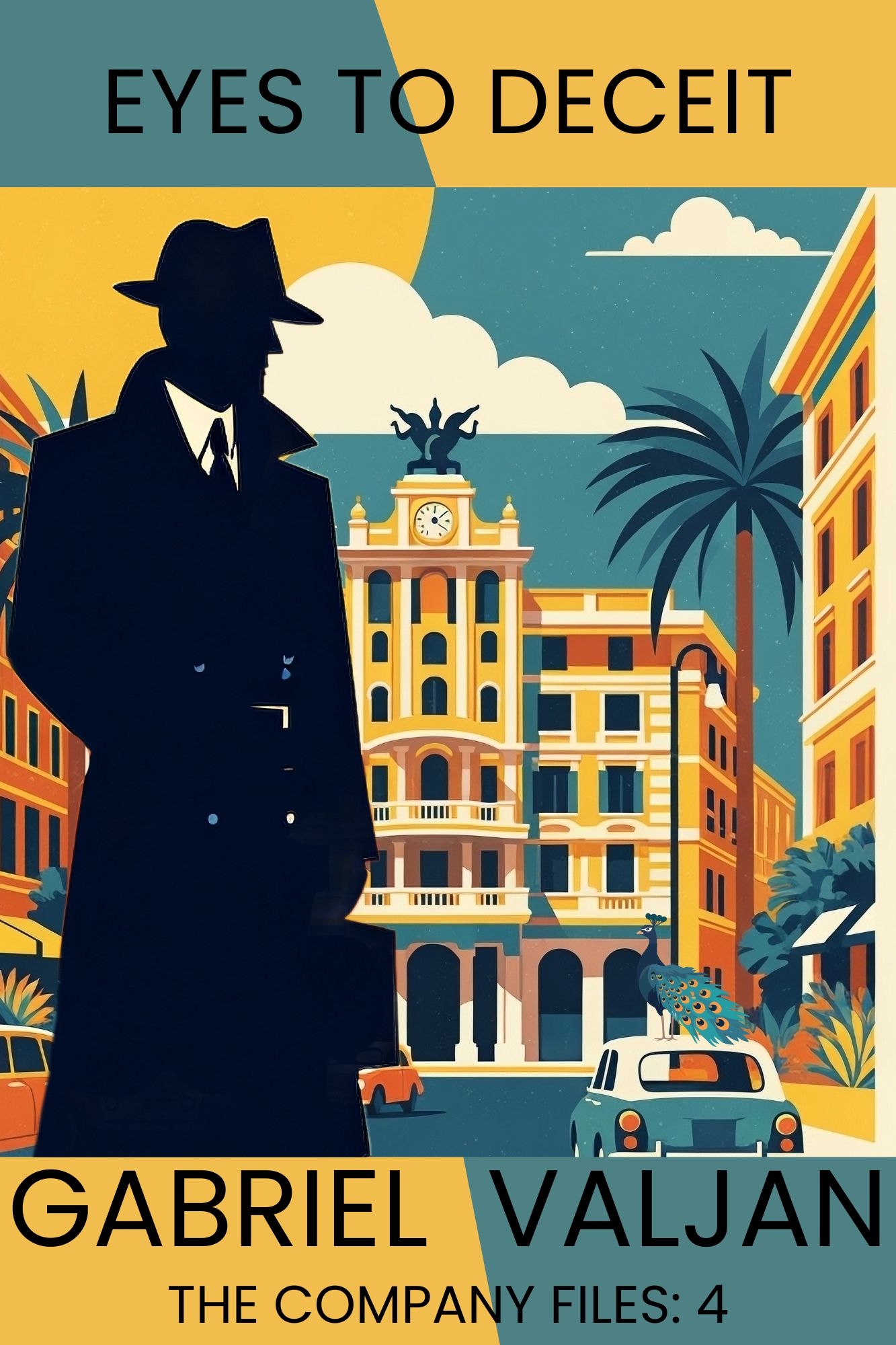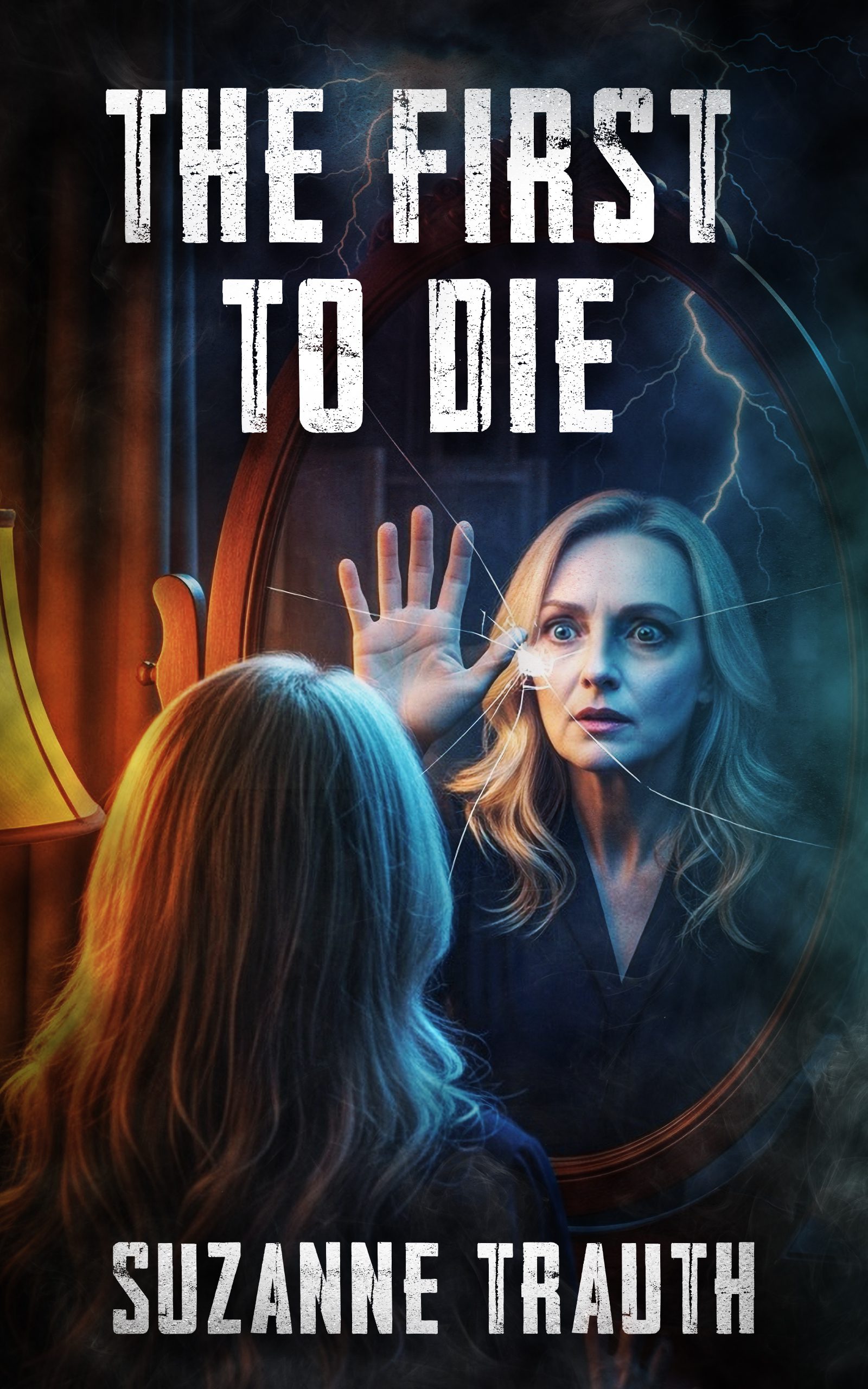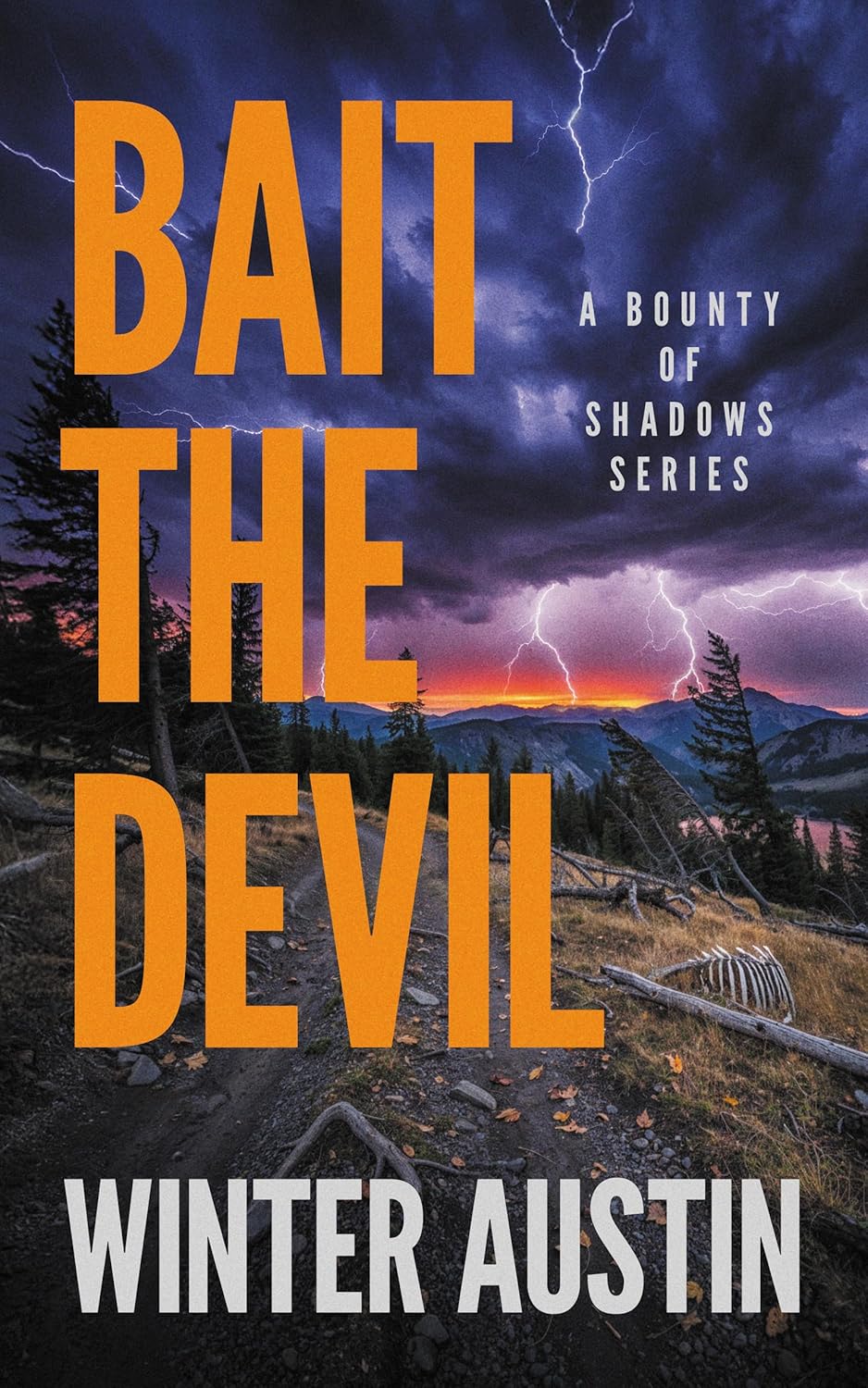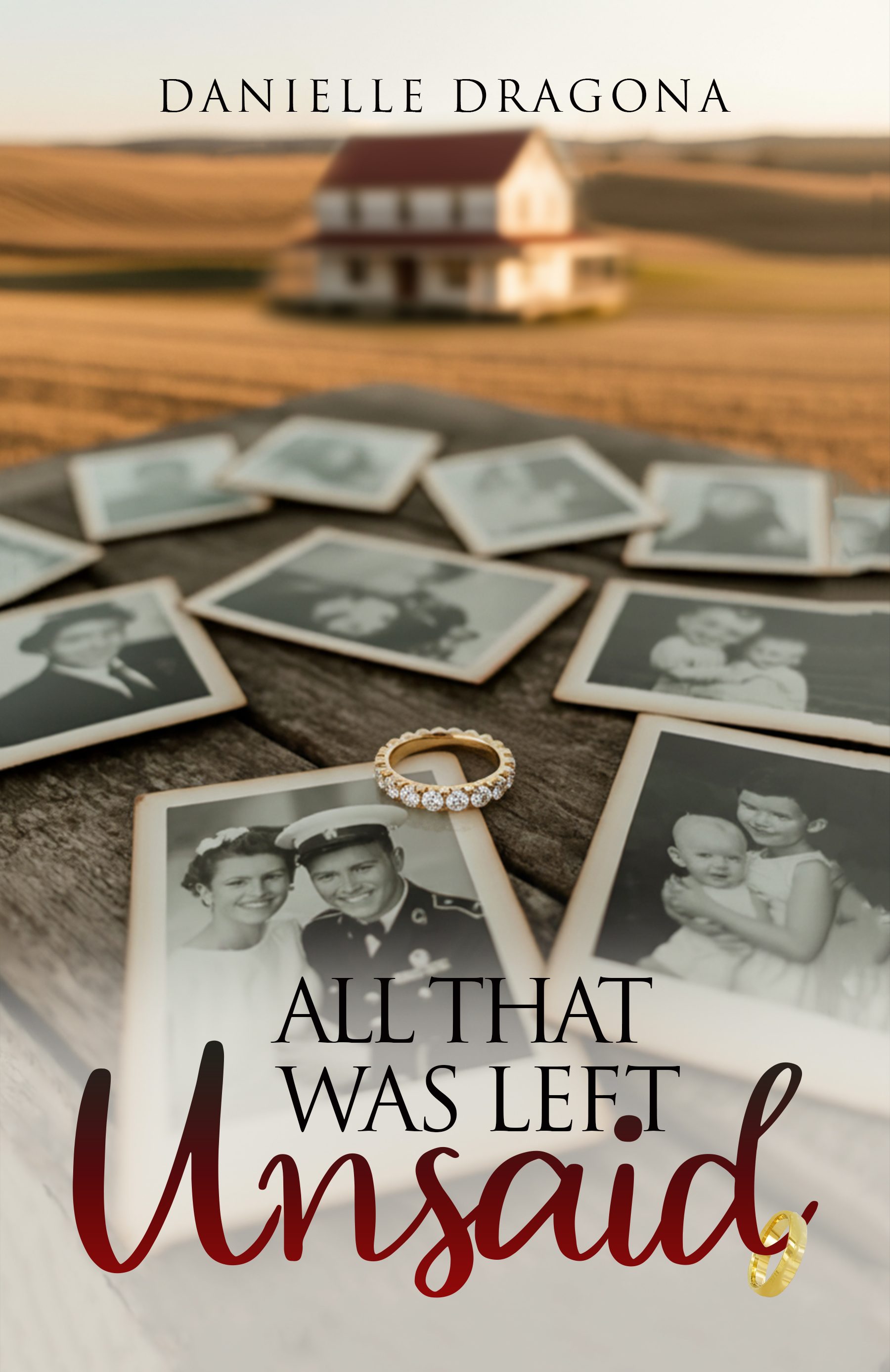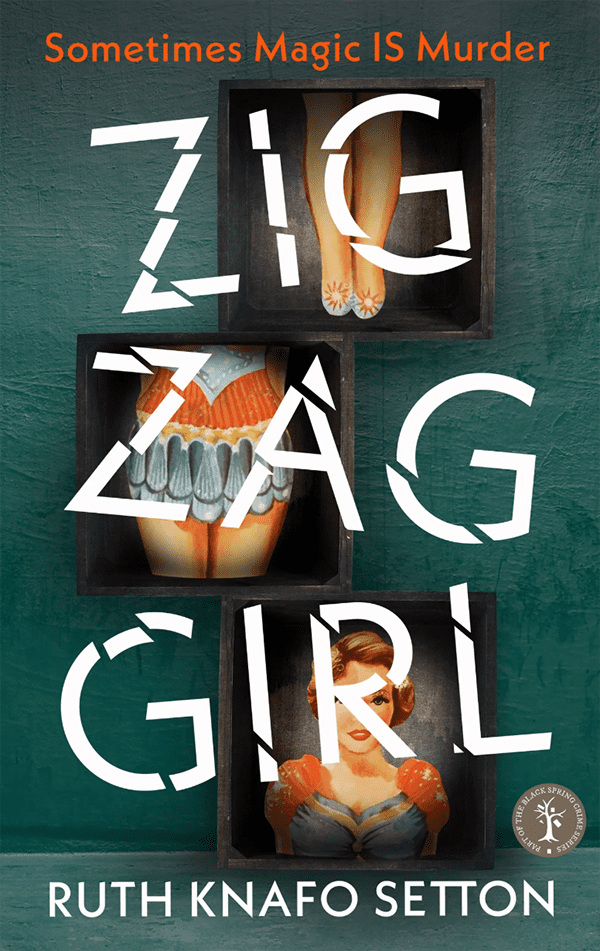HAPPY SUN FARM
Behind the Facade
by Deven Greene
October 13 – November 7, 2025 Virtual Book Tour
Synopsis:
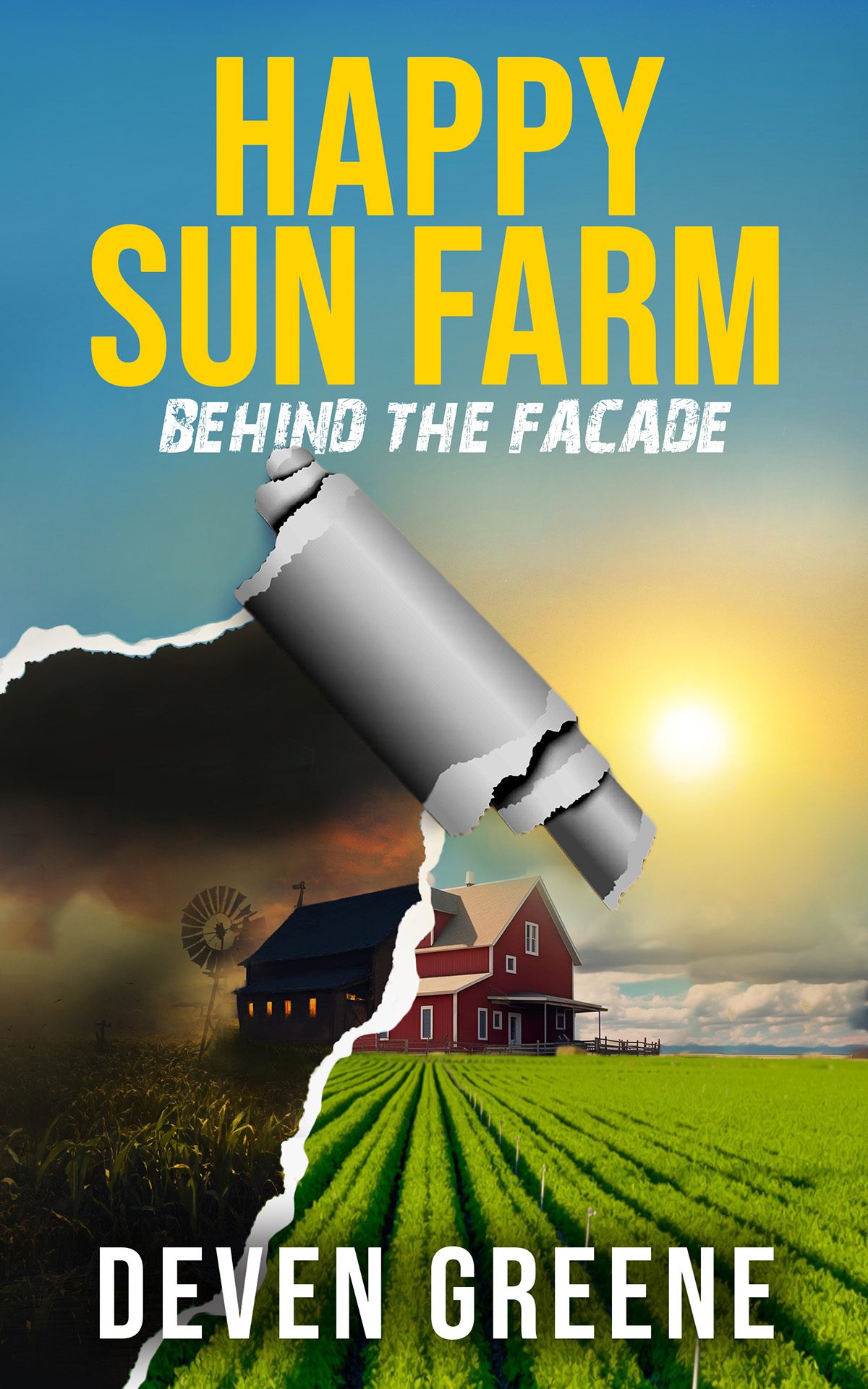
She comes home to mourn her father. She stays to uncover the shocking truth.
When college student Berry returns to her family’s small Southern California farm after her father’s sudden death, she believes she’s coming home to grieve and reassure her mother that she’ll soon be back for good to run the farm. With farming in her blood, she is eager to bring new life to the failing farm through modernization and sound financial management after receiving her degree in agricultural economics.
It doesn’t take long for Berry’s plans to collapse, as she discovers all is not well in the surrounding farming community. A foreign-owned agribusiness, Happy Sun Farm, is taking over all the small farms, something her father had resisted.
As she delves deeper into the company’s campaign of coercing farm sales, Berry suspects they may have been responsible for her father’s death. She learns that Happy Sun Farm is far from a happy place. Their strange farming practices don’t make sense to her, and the unexplained deaths and secrecy surrounding the farm leave many questions unanswered.
With help from law enforcement not forthcoming, Berry sets out to explore what she can, but soon finds her own life in danger. Not knowing whom she can trust, she uncovers a diabolical plan of mass proportions no one could have imagined.
Praise for Happy Sun Farm: Behind the Facade
“I haven’t read a thriller so brilliant, creepy, and compelling in years.”
~ Readers’ Favorite
“Happy Sun Farm is an unputdownable read packed with realism and high-stakes intrigue.”
~ Indies Today
“Happy Sunny Farm: Behind the Façade by Deven Greene is a genre-bending tale that wears many disguises. At times, it feels like a Stephen King narrative rooted in small-town unease; at others, it channels John Grisham’s legal-tinged suspense.”
~ Literary Titan
“The blend of farming insights, thriller, and murder mystery builds intrigue and political confrontation to create a satisfyingly absorbing story that’s hard to put down.”
~ D. Donovan, Sr. Reviewer, Midwest Book Review
Book Details:
Genre: Thriller
Published by: Panthera Publishing
Publication Date: October 22, 2025
Number of Pages: 356
ISBN: 978-196462008
Book Links: Amazon | Kindle | Goodreads
Read an excerpt:
Prologue
Fog rolled in as the sun set on the verdant hills, silent but for the small animals carrying out their daily tasks of finding food and safety while caring for their young. Below in the valley, the mist-shrouded a smattering of primitive structures—the permanent home of twenty-thousand guests of Hwasong, the largest political prisoner camp in North Korea.
All the inmates—men, women, and children—were serving a life sentence for anti-revolutionary activities or being within three generations of a person convicted of that same high crime, so-called guilt by association. Those imprisoned solely because they were related to a convicted enemy of the state lived separately on the grounds, never allowed to see their denounced relative again. Their living conditions were horrible, but not as horrible as those who had committed a serious offense.
A group of a hundred men, women, and teens wearing orange jumpsuits, tired after a long day of hard labor, shuffled into the large auditorium, hurried along by shoves and baton whacks from the guards. Already seated was an equal number of prisoners wearing blue jumpsuits, men, women, and teens who had arrived by bus a half-hour earlier from a nearby housing block. The inmates dressed in blue were emaciated, their skin loosely covering the bones underneath, while those in orange were thin but without signs of starvation. The people in orange were silent as they glanced around and sat in the vacant seats between those in blue.
If the two groups of prisoners had questions about why those in orange and blue were intermingled in this way, none dared to speak up. Ten guards armed with guns and batons stood around the room’s perimeter. After all the inmates were seated, one of the officers stepped to the front of the room and commenced the evening ritual of indoctrination. The session of self-criticism would be next.
Prisoners who occasionally slumped forward from exhaustion were struck with a baton. He or she would either straighten up or fall to the floor before being pulled by their arms out of the room, never to be seen again.
As the officer droned on about the greatness of the country and their Supreme Leader, Kim Jong Un, the guards around the perimeter continued to look straight ahead. None of the convicts seemed to notice the fine aerosol being emitted from nozzles that had poked through small holes in the ceiling high above. The mist silently spread to all corners of the room for several minutes before the apertures closed, and the spouts crawled back into the ceiling.
A short session followed in which several prisoners were required to admit to recent shortcomings, such as not working as hard as they could have or eating more than needed to survive. The other prisoners responded by agreeing that the behavior described was shameful.
When the meeting appeared to be over, the inmates in orange looked around, ready for the usual order to file into the cafeteria for a small meal. However, the doors remained shut, and all were told to stay seated. The lights dimmed, and a movie began, showing scenes of happy North Koreans at parades and concerts, playing sports, and attending school. For eleven hours, during which time the guards were replaced by a fresh batch, one film after the other played as the prisoners were forced to watch.
One of the prisoners in an orange jumpsuit began to moan. In the dim light, the officers exchanged knowing looks. The sounds of distress became louder and deeper as several more inmates, all wearing orange, began to groan. The guards started to place buckets at the feet of the prisoners in orange. Within three hours, almost all those wearing orange were groaning, doubled over in pain, as they vomited into buckets. The vomit became increasingly tinged with blood as the night turned to day. Blood and stomach contents spewed onto the floor as the prisoners became unable to control their forceful retching. Soon, the sounds of explosive diarrhea filled the air. Unable to exert any control over their bodies, the sick fell to the floor as bloody bodily fluids from both ends of their gastrointestinal systems streamed out of them, into their clothes, down their pant legs, and onto the floor. Blood oozed from their mouths, noses, and eyes.
At first, the convicts wearing blue sat still in their seats, fear drawn on their faces, but without suffering physically. At some point, one, then another, abandoned their seats and stood near the back of the room. Seeing that there were no repercussions, others followed.
Within eight hours of the start of vomiting, two prisoners in orange had died. The deaths began to mount as those in blue looked on in horror, wondering if they would be next. Two buckets were placed near them for their own hygiene needs while they waited.
Seventy-two hours later, the doors opened. The prisoners in blue, still emaciated but as healthy as they were when they had entered the building, were escorted outside into waiting buses to return them to their housing block. All of the prisoners in orange lay on the floor—dead.
Chapter 1
I handed my driver’s license to the airport security agent at the Indianapolis airport and scanned the boarding pass on my phone. As I had come to expect, the gray-haired man looked up at me and smiled. “I ain’t never seen that name before. Kinda takes me back.”
“I know,” I said. “I get that a lot.” My dad was only two when John Lennon was killed, but his parents indoctrinated their son on everything Beatles. He, in turn, spent countless hours listening to Beatles music with my mom. I think they got stoned a lot when they were doing it, but they never admitted it to me.
Given that their favorite Beatles song was “Strawberry Fields Forever,” I strongly favored that hypothesis. When I was born, they couldn’t resist naming me Strawberry. Oh, and my last name is Fields. Now you know why people often have something to say about my name. I’m a run-of-the-mill blond, not a strawberry blond. I think that would have made my life unbearable.
I pulled on the cuff of my long-sleeved shirt, grabbed my driver’s license, and was about to walk off when the man said, “You must be a student at Purdue. Going home to visit the folks?”
“Something like that.” I was in no mood to talk. I know the man was trying to be pleasant and make his day pass more quickly with small talk. The large P on the front of my baseball cap was known by all in the area to signify Purdue University, where I was, in fact, a student. I forced a weak smile and adjusted the shoulder straps on my backpack before walking off.
After passing through the luggage check without incident, I headed toward my gate. First class was already embarking, but I still had to wait a while before my boarding group was called. I had bought my ticket the previous night and was in the last group, my seat near the back of the plane. Fortunately, the flight to Bakersfield, with one stop in Phoenix, wasn’t in high demand, and almost a quarter of the seats in the rear were empty. With ample space in the overhead bin, I lobbed my backpack in and took my aisle seat. The man sitting next to the window glanced my way and nodded. I nodded back, glad he didn’t want to chat.
I remember taking off, but not much after that until I heard a male voice asking me if I was okay. I must have dosed off and wasn’t sure how much time had passed. I opened my eyes to see the concerned look on the flight attendant’s face, a pudgy middle-aged man who was bent over, his face close to mine. We were cruising at altitude, and tears were running down my face. Embarrassed, I tried to wipe them away. “Sorry,” I said. “I was dreaming about my dad. I’m on my way to his funeral.”
“So sorry, dear. If you need anything, just let me know. I’ll comp you a drink if that will help.”
I declined but thanked him for his offer and reflected on my mother’s hysterical call the day before. She had come home after spending all afternoon with a friend shopping and going to lunch when she found my dad dead on the kitchen floor. She had often confided in me that she felt terrible going places without him, but since he refused to leave the farm, she’d been doing things independent of him for quite some time. He’d been in good health—physically, that is—so his death was a big shock.
I reflected on the situation, different from what I had planned for before my dad died as the plane sat on the tarmac in Phoenix. I was all too aware that it was too late. I was heading home, ready or not. Hardly the family reunion I had anticipated.
I started to study a book on the economics of short-run decisions. After reading the first paragraph three times and still having no clue what it was about, I shut my eyes as the plane took off for the last leg of my trip. I’d be landing in Bakersfield in a little over an hour.
My rest was short-lived. The flight attendant came by with a cart and asked me if I would like vanilla, raspberry, or peach yogurt. I looked at the available items—individual servings of Happy Sun Farm yogurt. I’d had their yogurt before, and it was delicious.
“You’re lucky,” the attendant said. “Happy Sun Farm has donated a ton of yogurt to be served on our flights all week.”
I decided it was probably no use trying to sleep and chose the peach flavor even though I wasn’t hungry. As I started to eat, my mind wandered to Happy Sun Farm. I had never heard of them until about a year earlier when their dairy and agricultural products began popping up all over. The company heavily advertised on TV. They boasted about all their products being non-genetically modified, or non-GMO. I didn’t have a problem with genetically modified food myself but knew that a lot of Americans did. All the produce my dad grew was non-GMO because he suspected all genetically modified food to be part of a government conspiracy. A conspiracy to do what, I didn’t know.
Although I didn’t have time to watch much television, when I did, it was hard to avoid the Happy Sun Farm commercials featuring wholesome families frolicking and picnicking in a green meadow. The smiling sun logo served to reinforce that warm and fuzzy feeling emanating from their commercials. I wondered if they had a model I could follow to pursue success for my family’s farm. I’d noticed their rock-bottom prices, which was surprising since they must have spent a ton on ads. What I wouldn’t give to find out the secret to their success.
***
Excerpt from Happy Sun Farm: Behind the Facade by Deven Greene. Copyright 2025 by Deven Greene. Reproduced with permission from Deven Greene. All rights reserved.
Author Bio:
Deven Greene enjoys writing fiction, most of which involves science or medicine. She has degrees in biochemistry and medicine, and practiced pathology for over twenty years. Her other works include The Erica Rosen MD Trilogy, Ties That Kill, and The Organ Broker.
Catch Up With Deven Greene:
www.DevenGreene.com
Subscribe to Deven’s Newsletter
Amazon Author Profile
Goodreads
BookBub – @Deven_G1
Instagram – @devengreeneauthor
Facebook – @DevenGreeneFiction
Tour Participant Reviews:
‘This is an interesting and scary novel… the threat of bio terrorism may be more of a reality than fiction. Greene’s plot structure is good and the action is easy to follow.’
~ Book Reviews From an Avid Reader
‘One of the best books of the year! The story goes in so many directions, it’s a thriller, some humor is in the story also, so you can never tell which way the story is headed. The secrets are really deep and thought provoking about the way that the world could head one day eventually. I think the book is well written and I really look forward to reading more by this author!’
~ Country Mamas With Kids
‘A fantastic mystery shrouded in darkness that gets darker as Berry tries to unravel what Happy Sun Farm is and what it does. I found this read intriguing and entertaining. Deven Greene created a mystery crime tale with bits of thriller horror to take her readers on a thrilling ride.’
~ The AR Critique
‘Happy Sun Farms: Behind the Façade by Deven Greene is a fast-paced and shocking murder mystery combined with a political thriller with an unusual and alarming agricultural storyline… the plot has a frightening and realistic feel. With its engaging main characters and page-turner of a story, I recommend HAPPY SUN FARMS to readers of mysteries and thrillers.’
~ Guatemala Paula Loves to Read
‘This book really had my brain thinking and spiraling. The author gives you a story with a small town feel, but full of mystery and suspense. The characters were easily relatable and the story flowed easily. I was hooked and needed to know what happened.’
~ crystal.s.2
‘The pacing is perfect for a story like this: the tension builds quietly, almost innocently, until you realize you’re holding your breath right alongside Berry. What I loved most was how Deven Greene balanced realism with suspense, the small farming details, the community politics, the helplessness of fighting something bigger than yourself. By the final act, I was completely hooked.’
~ The Page Ladies
‘This was a most excellent domestic thriller. An extremely entertaining book, thought-provoking and engaging.’
~ ScottLovelace.books
‘Happy Sun Farm: Behind the Facade is a thrilling rural thriller that masterfully mixes emotional depth with edge-of-your-seat suspense. If you love suspenseful mysteries with strong female leads and thought-provoking themes, this book is for you.’
~ sudeshnablogs
Tour Host Info:
Book Formats: ePub, Print
Hosting Options: Review, Interview, Guest Post, Showcase
Giveaway: There will be a tour-wide PICT Giveaway
More: According to the author Happy Sun Farm does not include: Excessive Strong Language, Graphic Violence, Explicit Sexual Scenes, or Rape. However, readers may encounter content that is considered to be another trigger situation. Generally the content is considered to be no more than PG-rated content. At this time, PICT staff have not yet read this book and cannot give additional information.
Join In:
Thank you for your interest in this tour. We are no longer accepting hosts for Happy Sun Farm. Please visit our open tours page to sign up for a current tour.


